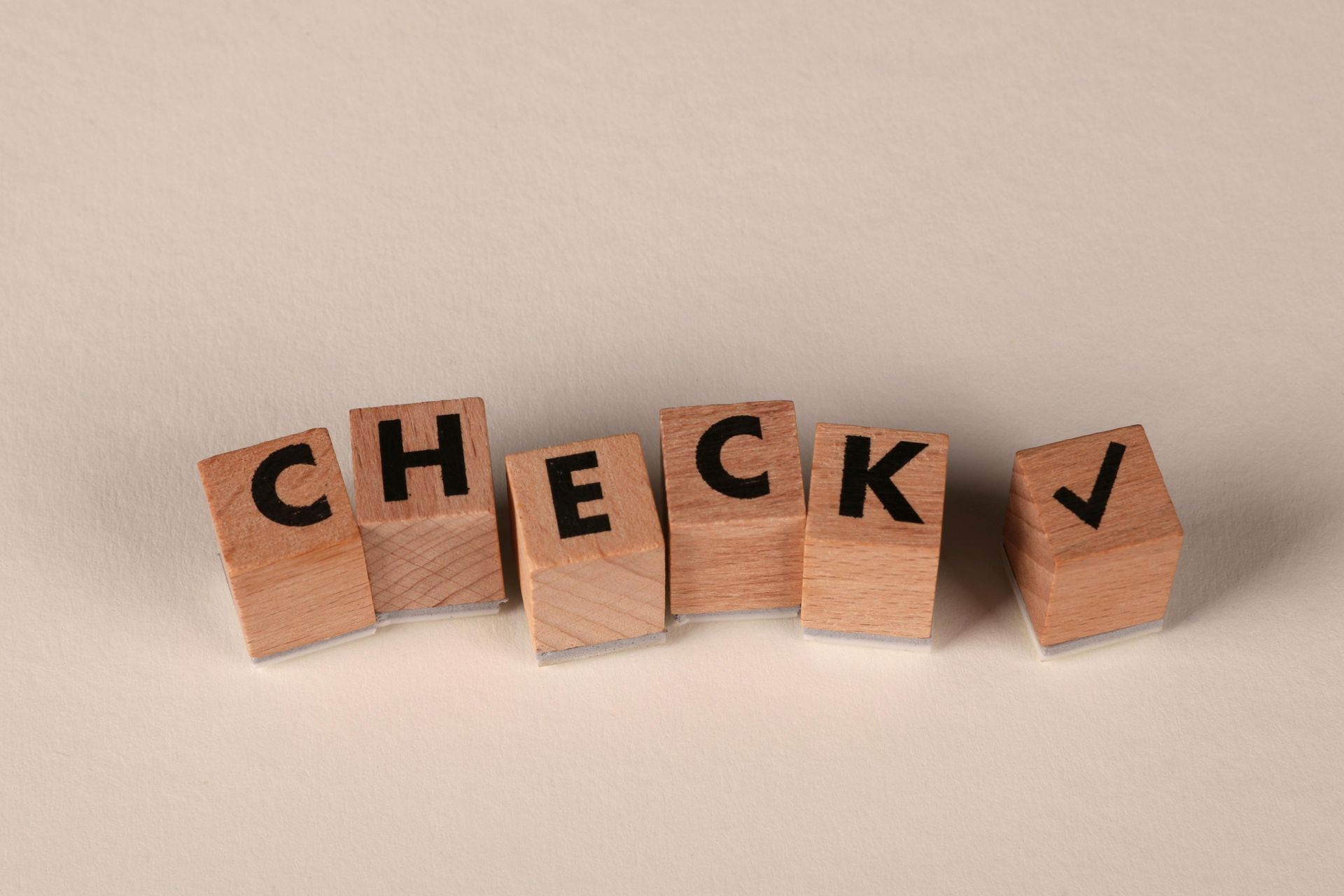TRADEMARK LITIGATION ATTORNEYS
IN DALLAS AND FORT WORTH
Our industry-experienced trademark litigation attorneys handle trademark disputes in federal court, state court, and the Trademark Trial & Appeal Board (TTAB ).
TRADEMARK LITIGATION AND DISPUTES
Trademark Protection and Trademark Injunction Attorneys
Trademarks are your company's signature, and like a personal signature, they depend upon the trust and good faith people place in them. Your trademark is only as valuable as the worth and trust your customers place in your company and the products sold under the mark. Hence, trademark infringement can be very harmful and detrimental to your company and products. Users of a misappropriated mark can often damage and destroy the good faith you have worked to build up in the mark. For this reason, perhaps no intellectual property infringement is as damaging as trademark infringement; not only does the trademark infringer misappropriate profits to which you are rightfully entitled, they also decrease the value of the trademark and your ability to make profits using it. There are generally two kinds of trademark litigation that you may pursue to protect your mark: civil trademark infringement litigation and opposition actions in the Trademark Trial and Appeal Board in the United States Patent & Trademark Office.
Types of Trademark Infringement Rights & Remedies
The majority of trademark litigation centers around trademark infringement suits when you discover that someone has been illegally using your mark. Trademark infringement suits can be very complex and lengthy; however, there are several remedies available to the infringed brand owner, including:
- Injunctive Relief: The most common form of relief in trademark infringement cases is the imposition by the court of a trademark injunction against the offending party, prohibiting them from further use of the mark. Such injunctive relief affirms and protects the prevailing parties rights to the mark;
- Profit Damages: Pursuant to 15 USC §1117, the plaintiff in a trademark infringement suit may recover any profits the defendant obtained by using the plaintiff's trademark;
- Actual Damages: The plaintiff may also be entitled to any damages sustained due to the misappropriation of the mark. Such damages can include compensation for any lost value in the mark such as may be caused by the affixing of the mark to inferior goods;
- Treble Damages: If the infringement of a trademark involves the use of a counterfeit mark or designation, unless there are extenuating circumstances, the court shall award the plaintiff three times the profits or damages, whichever is greater, assessed in the case;
- Statutory Damages: Instead of actual damages and profits, prior to the final judgment the plaintiff may elect to recover statutory trademark damages. The amount of statutory damages can vary greatly depending on the particular circumstances of the case and are subject to the court's discretion, but in any case, shall not be less than $1,000 per violation and not more than $2,000,000 per violation; and
- Costs of Litigation: Depending on the circumstances of the case, the plaintiff may also be entitled to recover reasonable costs of the action and/or attorney's fees.
Dallas Trademark Litigation Lawyers
Our Dallas trademark litigation attorneys have earned a reputation for aggressive, responsive, efficient, and most importantly, successful trademark litigation. While we are prepared to take every case to trial, we know from our clients' perspective that often, the best litigation is the one that settles in mediation. Our straight forward unbiased guidance can help you avoid litigation whenever possible. However, if needed, our litigators are skilled in negotiation techniques and have a reputation for achieving very favorable results for our clients both in-court and out-of-court.
Need any help?
Additional Trademark Infringement Focus
Litigation in the Trademark Opposition in the Trademark Trial and Appeal Board (TTAB)
Trademark litigation may involve bringing opposition to a pending trademark before the Trademark Trial and Appeal Board (TTAB). Opposition actions involve the attempt to prevent a trademark from being registered that would infringe upon an existing registered trademark and/or would cause confusion to the public. Such actions can be extremely advantageous in that they can prevent the infringement of a mark altogether. However, because the TTAB has different processes than federal courts, such actions require experienced and knowledgeable attorneys to understand the various details at issue and provide the strong representation needed.
Trademark Likelihood of Confusion, The 7 Factors for Trademark Infringement
Trademarks are words or designs that consumers use to identify a single source of goods or services. In order to determine trademark infringement, most Courts will weigh each of these seven (7) trademark factors in an overall trademark infringement analysis to determine whether there is brand infringement.
1. Relatedness of Goods or Services
A trier of fact would ask themselves the question: “Would an average consumer paying an average amount of attention to be more likely than not to purchase one product (or service) if they believed it is, in fact, a different product (or service)?” The more similar the trademark brand names and the more similar the goods and services are related thereto, the stronger the factor weighing in favor of infringement. Unrelated goods or services, or goods or services that are not commonly found together, are less likely to be found overlapping and therefore less likely to infringe. Dissimilar goods or services, albeit similar in branding, may be less likely to be found to infringe on each other.
2. Similarity of Marks
A trier of fact would ask themselves the question: “Are the brand or trademarks similar? Are they visually and phonetically similar? What are the meanings of the words within each trademark, and any translations there?” The Courts have found the following trademarks too similar:
• Magnavox (television) vs. Multivox (television);
• ECHO 911 (software for emergencies) with ECHO112 (smartphone application);
• Simoniz (cleaning) vs. Permanize (cleaning); and
• Floss Bone (dog chews) and Flossies (dog treats)
3. Similarity In Appearance
Like similarity of marks, the trademark appearance and trademark design may also be too similar and, therefore, found to reasonably cause trademark confusion to the average consumer.
4. Similarity In Sound
The similarity in sounds refers to the phonetic match between two trademarks. In other words, how does each trademark sound when spoken aloud? The more similar the sound, the more likelihood of confusion may exist. The Courts have found the following trademarks too phonetically similar:
• Seiko v. Seycos;
• Coca-Cola and Cup-O’-Cola;
• Intelect v. Entelec; and
• Porsche and Porsha.
5. Similarity In Meaning
Trademark similarity in meaning is another factor in determining the likelihood of confusion for trademark infringement. The Courts have found the following trademarks too similar in meaning:
• MR. CLEAN vs. MR. RUST;
• City Woman v. City Girl;
• Pledge v. Promise; and
• Aqua-Care v. WaterCare.
6. Design Marks
The visual similarities between trademarks can have a determinative effect on a Court finding likelihood of confusion between design trademarks. Simply, are the trademark designs too similar?
7. Likely to Deceive
If the public could be so confused by the similarities between two competing brands, such that it would purchase either, will little to no discernible understanding of the difference in brands, then the higher the probability that the such similarities are likely to deceive a consumer into confusing one brand for the other.
CLIENT MATTERS
5,000+
YEARS OF SERVICE
25+
Award Winning
Recognized in the legal industry as dedicated board-certified lawyers and Rising Stars.
Expert Team
Your project will be handled by legal experts every time. You will have the most experienced attorneys working for you.
Quality Representation











